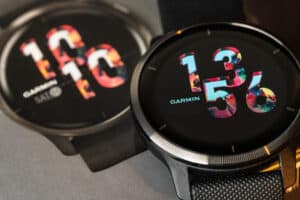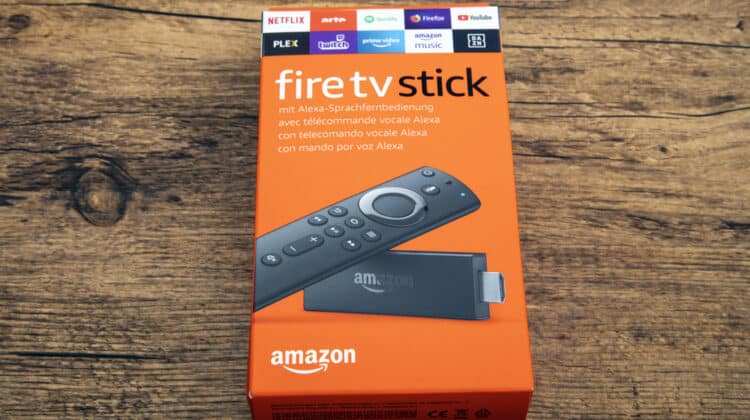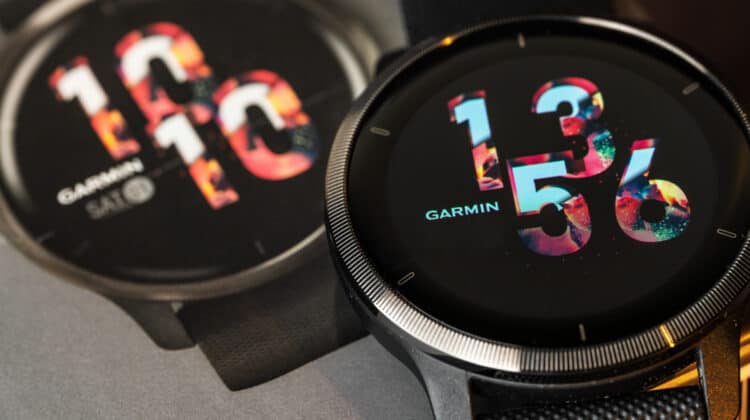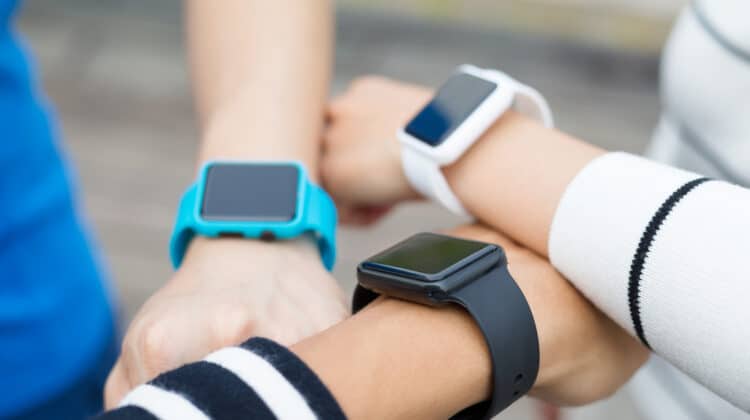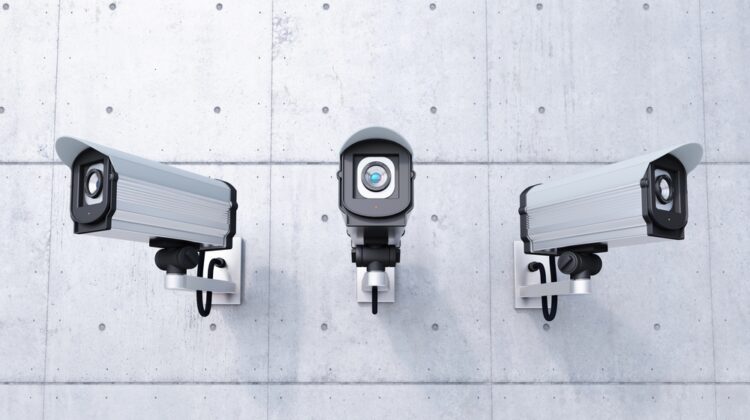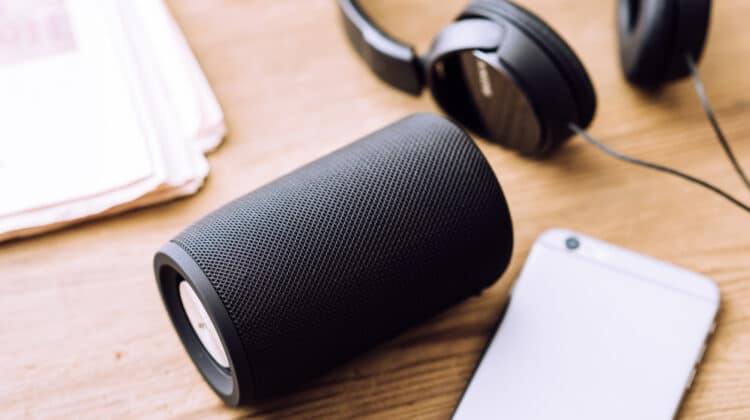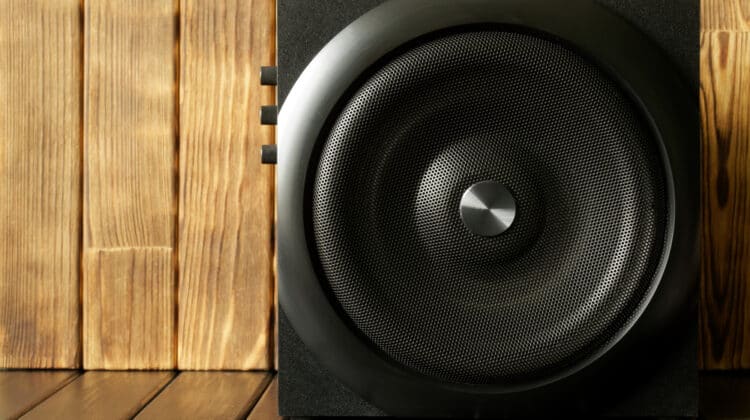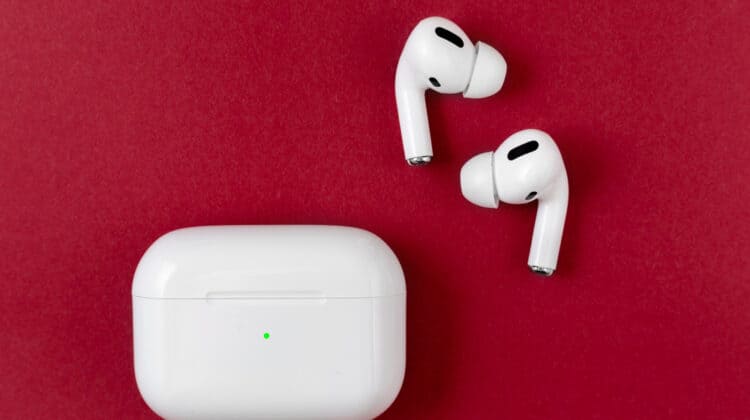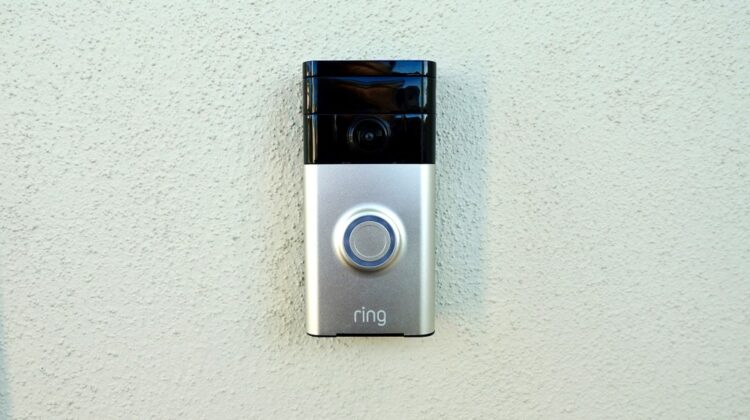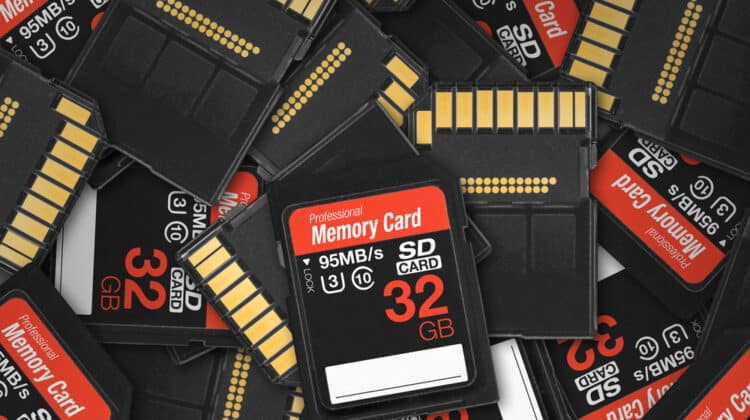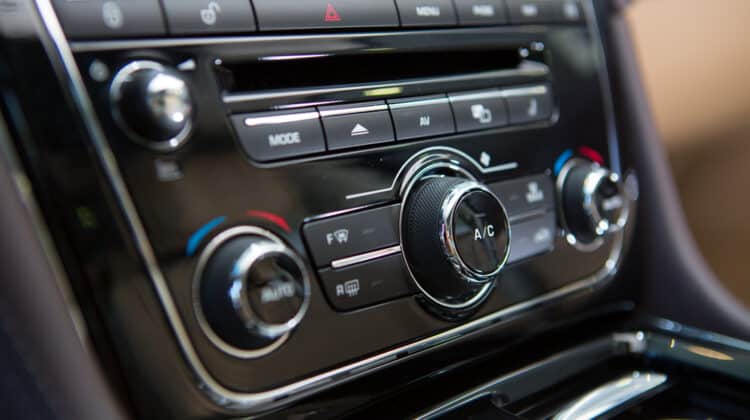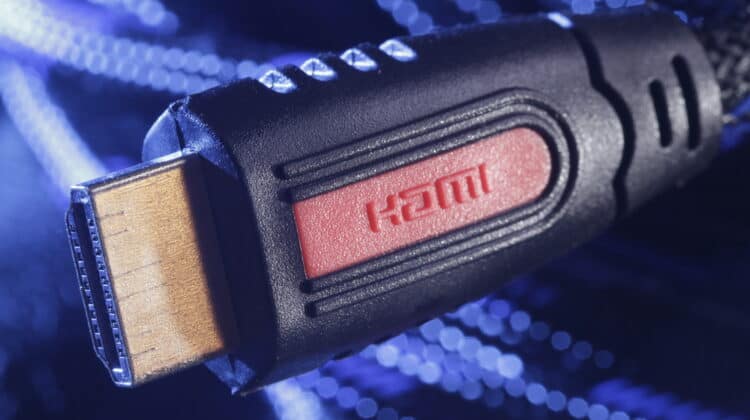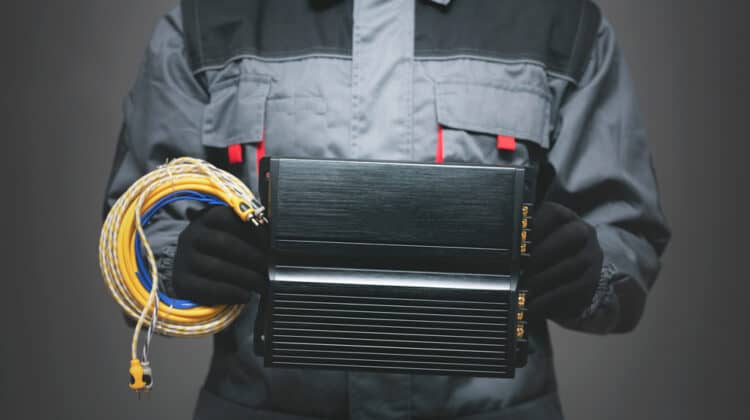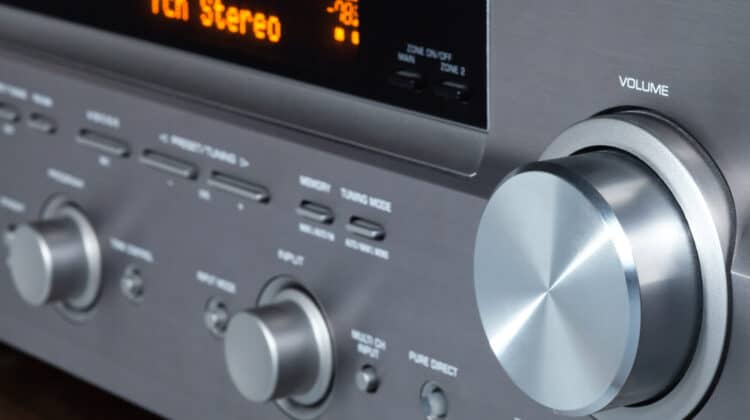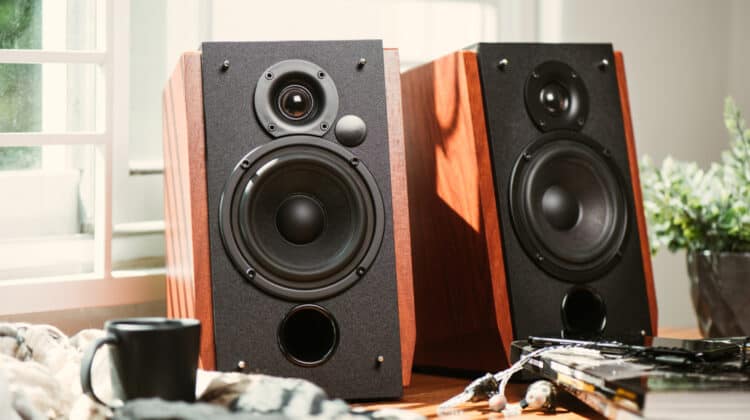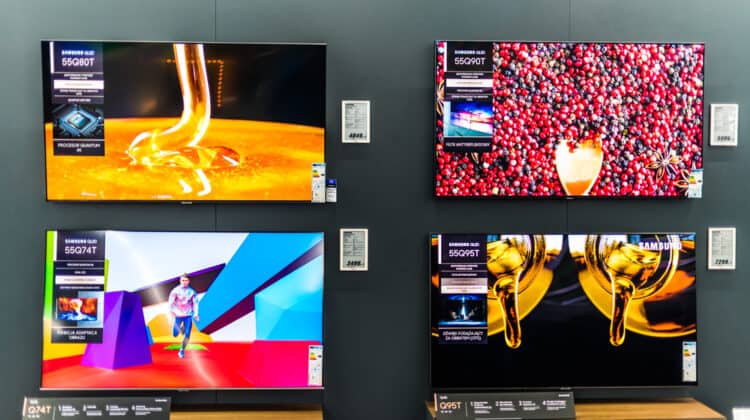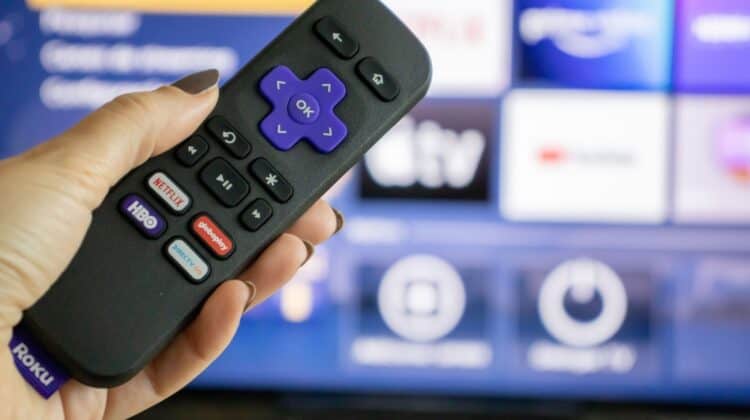
Fitness trackers have changed how people work out.
Trackers can monitor your health and help you determine how many calories you’ve burned and what exercises you can do to optimize your workout.
Using fitness trackers, however, can be a luxury since they can be quite expensive.
Why Are Fitness Trackers So Expensive? (10 Reasons)

The average price of a fitness tracker is around $150 with more expensive watches costing $300 and more.
Fitness trackers are expensive because of the complex tracking features they have, their ability to act as a smartphone, their focus on replacing traditional trainers, and their ability to link to actual fitness trainers.
Let’s look at these factors in more detail.
1. Heart Rate Tracking Accuracy
![]()
One of the most common features of a fitness tracker is its ability to track your heart rate.
Fitness trackers can keep tabs on when your heart rate increases or decreases, and your normal resting heart rate.
It then uses that information to determine how hard you’re working out.
While tracking a heart rate isn’t necessarily difficult, the accuracy with which fitness trackers track a heart rate is advanced.
In some cases, the more expensive the fitness tracker is, the more accurate it is at tracking your heart rate.
This is important for people who want to know exactly how their workout is impacting them.
When the results aren’t accurate, you might receive a reading that indicates you’re working out a lot when, in fact, you’re not.
You might receive mixed signals when your body isn’t looking how you expected it to look after the readings you received from the tracker.
A more accurate fitness tracker can provide you with a detailed analysis of your heart rate.
You can then use this information to determine if there are certain aspects of your workout that need to change.
Higher accuracy usually requires more sophisticated engineering.
As such, more accurate fitness trackers end up becoming more expensive to produce.
Fitness trackers are expensive when they offer accurate heart rate tracking.
2. Calorie Burning Accuracy

Your heart rate can also help the fitness tracker determine how many calories you’ve burned during your workout.
One of the most common ways that people track their fitness is by how many calories they’ve burned.
To lose weight, you need to burn more calories than you take in.
By creating that deficit, you can force your body into a sort of starvation mode.
It starts to break down the fat in your body to stay energized.
However, your body can also start eating away at your muscles, so it’s important to keep eating or drinking foods rich in protein.
Because of how important knowing how many calories you’ve burned is, a fitness tracker’s ability to accurately track calories is vital.
The problem is that not every fitness tracker is good at tracking calories.
The more expensive trackers tend to be a bit better at it.
That’s because they use more sophisticated engineering and better materials that enable the tracker to record your movements more accurately.
This gives it enough computing power to determine how many calories you’ve burned based on your movement.
Some fitness trackers may be unable to distinguish more powerful movements from more relaxed movements.
As such, it might say that you burned more calories than you actually have.
That can give you a false reading which can potentially hurt your workout regimen.
You might think you’re able to eat a certain number of calories since you burned a certain amount, but if the reading is false, then you might be destroying the deficit.
You might not notice any results from working out.
More accurate fitness trackers can give you better readings which can help ensure you stay on track with your fitness goals.
Fitness trackers are expensive because some use more expensive means of giving better calorie-tracking results.
3. Sleep Tracking Accuracy
![]()
A lot of people don’t realize that sleep is an important part of fitness.
While sleeping, your body regenerates.
Sleep helps heal your body after a tough workout.
It also helps reduce stress levels and makes you wake up feeling refreshed.
A relatively new feature that some fitness trackers offer is the ability to track your sleep.
While fitness trackers haven’t quite reached the same accuracy as medical sleep studies, they can give you a close idea of much sleep you get each night.
For example, some monitors can tell you how much you moved around or got up.
Since a lot of trackers base their readings on movement, some might give you a false reading as a result.
For example, if you’re someone who tends to move a lot in your sleep, then your tracker might say you didn’t sleep much at all when, in fact, you did.
That’s why more expensive fitness trackers aim to give more accurate results.
They might focus on tracking the amount of oxygen you breathe in.
Since you typically don’t breathe as deeply when you’re asleep, these types of trackers can give you a more accurate reading of how much sleep you are getting.
Tracking your sleep is important since it can help you determine whether you’re getting enough sleep or whether something is waking you up.
Fitness trackers are expensive because some companies spend a good deal of money on perfecting sleep-tracking technology.
4. Doubles As A Phone

While fitness trackers used to be armbands that were solely focused on tracking certain elements of your health, they have since moved far beyond that.
More expensive fitness trackers, for example, also double as a phone.
The Apple Watch, for example, works as a fitness tracker, smartphone, digital wallet, and so much more.
Other fitness trackers, while still expensive, might offer a more simplistic service.
For example, in addition to tracking your fitness, they might also allow you to receive and make calls.
They act as both a tracker and a phone.
This makes wearing the tracker quite convenient.
You can work out, then call your spouse or friends to make some plans.
It also ensures that you’re always reachable, even if you’re out hiking in the woods.
As long as you have service, you can always contact someone.
Fitness trackers that act as phones are more expensive because their manufacturing costs are more expensive.
They require more parts than ones that just have fitness tracking technology.
Since they are more expensive to make, the cost of these trackers is higher.
Fitness trackers are expensive because the ability to make and receive calls through them leads to higher manufacturing costs.
5. Ability To Run Other Apps
![]()
Some fitness trackers are far more than just fitness trackers.
They’re essentially smart devices in themselves.
These types of fitness trackers usually have the ability to run other apps on them.
You can track your heart rate with them, but you can also open Spotify, for example, and listen to music.
Some apps allow you to make purchases.
You can order something through DoorDash while working out to have it ready by the time you’re finished.
Highly accurate fitness trackers are already more complicated to manufacture.
By throwing in the ability to operate and run other apps, the tracker becomes even more sophisticated.
Since it can do more, the value is also higher.
Some people might do away with their phones altogether since the fitness tracker does everything their phone typically does.
Because these trackers have a higher value, the company is able to put a higher price on them.
Manufacturing costs play a role, too.
Since they’re more expensive to produce, the price is also going to be higher.
Fitness trackers are expensive because some can run third-party apps.
6. Perspiration Tracking

A relatively new trend in the fitness tracker market is fitness trackers that can track an individual’s sweat level.
This is typically marketed toward athletes or those who take their health seriously.
The fitness tracker often works by attaching itself to the individual’s skin.
It can then read the individual’s potassium, glucose, and sodium levels.
This information is valuable since it can tell the individual whether they need to eat or drink something specific following their workout.
If the individual is lacking in potassium, for example, then they can eat a banana or drink a smoothie that’s rich in potassium.
It can help the individual recover from a tough workout.
Since being able to recover quickly is vital for athletes, that sort of information is also quite valuable.
Being able to provide this sort of reading also requires more expensive manufacturing beyond just calorie or heart-rate tracking.
Since the manufacturing process is more involved, the fitness tracker is more expensive.
Fitness trackers are expensive when they offer perspiration tracking since they’re more expensive to make and are intended for a specific audience.
7. Smart Device Syncing

In the past, all your workout information was stored in your fitness tracker, and you were unable to view it anywhere else.
Some cheaper fitness trackers still do store the information.
More expensive fitness trackers, however, can sync to your smartphone.
You can send the results of your workout to your phone so you can view them later.
Since your phone might also connect to other apps that analyze your data and provide feedback, it can give you even more information on what you need to do to have an efficient workout.
Adding the ability to sync requires a few more steps in the manufacturing process.
Since these trackers are a bit more expensive to make, they are also more expensive to purchase.
Fitness trackers are expensive because some of them can sync to your smartphone or other smart devices.
8. Diet Tracking And Suggestions

Another important feature that expensive fitness trackers offer is diet tracking.
While working out is an important part of losing weight or building muscle, your diet is another important part.
It doesn’t matter how many calories you burn in a workout if you just eat whatever you want at home and aren’t watching your caloric intake.
Expensive fitness trackers allow you to track your diet.
This then allows the tracker to keep track of calories and even suggest different diets to help you achieve your goals.
This sophisticated technology means more engineering is involved in making these trackers.
Because it had higher engineering and manufacturing costs in producing these trackers, the company has to offset those costs with higher prices.
Fitness trackers are expensive because some can analyze your diet and offer suggestions.
9. Workout Suggestions

While some fitness trackers offer diet suggestions, others suggest actual workouts.
The trackers can take the information they’ve received about your calories, diet, and other data, then design a workout specifically for you.
They can even offer a diet to complement your workout to ensure your fitness goals remain on track.
Analyzing and compiling that sort of data, particularly on a small device, is quite expensive.
To pull it off, a company likely has to invest a lot of money in research and development initially and then perform a lot of testing.
Since the cost of producing such a fitness tracker is expensive, the price is also going to be expensive.
Fitness trackers are expensive when they offer customized workouts.
10. Fitness Trainers

A final reason fitness trackers are expensive is that they can also connect you with professional fitness trainers.
You may need to pay for a subscription service, for example, on top of what you paid for your fitness tracker.
The subscription plan unlocks the ability to work with an actual fitness trainer who can keep you on target to meet your fitness goals.
In addition to the subscription costs, this type of fitness tracker is also expensive because of the costs the company takes on by implementing that sort of software and hardware.
Fitness trackers are expensive due to manufacturing costs and subscription costs required to engage with an actual fitness trainer.
NEXT: Why Are Security Cameras So Expensive? (10 Reasons)
